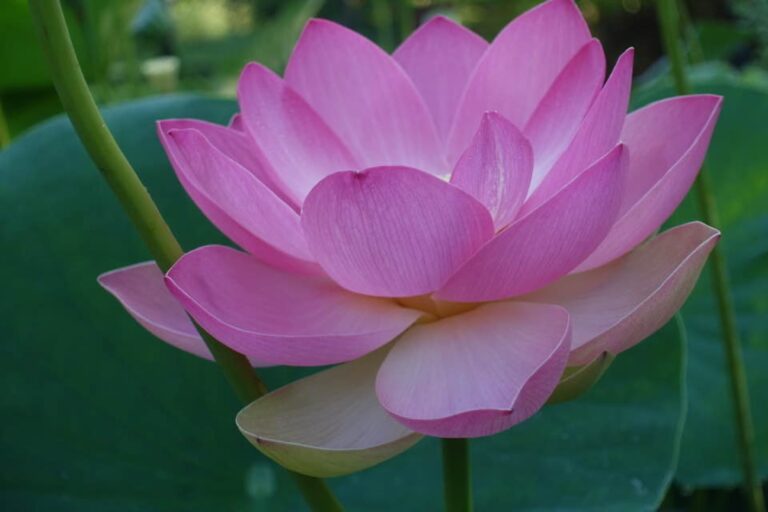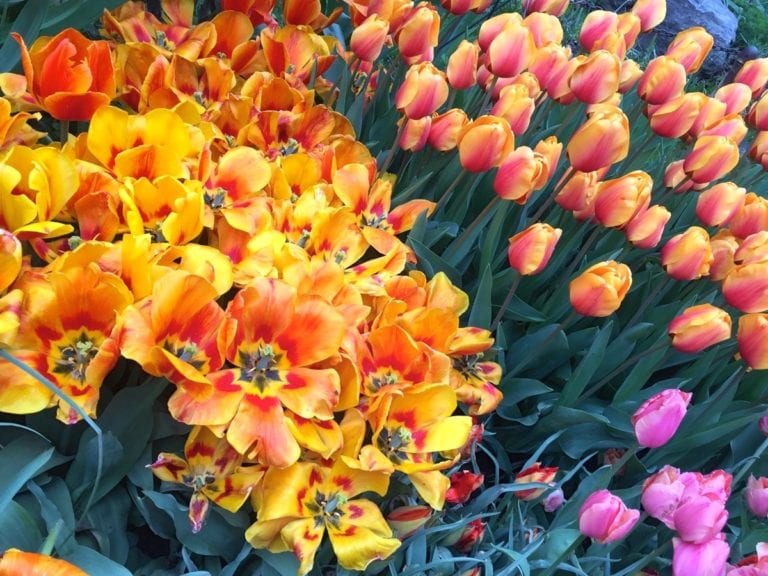Similar Posts

September Audio Meditation
For those of you who prefer a meditation with images, here’s our YouTube version of this meditation:

#919: A Practice: Supporting our Collective Well-Being
It’s been quite a while since I’ve written a practice for this section of my website, and I do so now because of the quality of our collective human experience and expression at this time. Speaking from a perspective of frequencies, the collective frequency of our human family is expressing a quality of emotional experience that would be considered quite “dense.” Frequencies of fear, anger, hatred, suspicion are all quite intense and “thick” in the air.
Because I focus on frequencies quite a bit these days (see my video #5 in my Videos on Multidimensional Living on my website), I find myself deeply concerned about the current quality of our collective emotional well-being. Following is a variation on the Buddhist practice of Tonglen, a heart-based practice of breathing in distressing or negative frequencies, allowing the fiery Love in the heart to neutralize those frequencies, and then breathing out something more constructive or positive, be that love, peace, ease, harmlessness, etc. I think of this kind of practice, altered significantly from the actual Buddhist practice, as akin to what oysters do. We’re filtering out toxins in order to allow our collective consciousness to resonate with more positive frequencies.
As I’ve written about before, we are all affected by our human collective consciousness in every moment, even as we automatically contribute to that collective also in every moment. Quantum research has now demonstrated that we are inextricably entangled, interconnected, with everything else and that goes for our human collective presence, as well. So, the quality of the energies with which we are entangled truly and deeply matters. What we contribute to those energies through the quality of our own being and also our way of moving through the world truly and deeply matters, too.
Here’s the practice and I’ll offer some additional suggestions that you can explore if you’re not comfortable with the way the practice is set up:
- Begin by settling in and taking a moment to ground yourself so that you are present, aware, and settled.
- Bring your awareness to your heart space and in whatever ways make sense to you notice that your heart is filled with the light, energy, and frequency of Love. This Light is ever-present because it arises from an infinite source of Universal Love. It cannot run out, you can’t use it up.
- Take a moment to also notice that this is a fiery Love. It is a purifying energy.
- Now, become of aware of the distress in humanity in whatever way is comfortable for you to do so. You might focus on fear or anger or suffering. Any and all of our human negative feelings contribute to the density of our collective, shared consciousness. Choose what feels right for this time.
- Breathe the negative frequency into your heart space, knowing that the fiery Love will immediately neutralize and cleanse what you have breathed in. Then, imagine that the neutralized energy is filled with, becomes, a quality, a frequency you have chosen to breathe out into the world this time—love, ease, peace, harmlessness, kindness—whatever resonates for you this time.
- As you breathe out, notice that you first fill yourself with the quality/frequency of what you have chosen to breathe out. Then notice that your out-breath continues to carry the quality out to the world around you and recognize that it also becomes part of our human collective consciousness.
- Do this for as long as you would like but be sure to track your comfort level. It’s always best not to over-do a practice like this. It’s more powerful than we usually realize and helping to shift the quality of our human collective is not a marathon—it’s a moment-to-moment, day-by-day process of taking the time to orient to qualities that express positive and constructive frequencies.
- When you’re through, again notice your heart space. The presence of fiery Love is always there for you to experience and to share when you feel moved to do so.
- When you’re ready, bring yourself all the way back, orienting to the sights and sounds of the environment around you.
If you are uncomfortable breathing in negative energy, you can begin this practice by imagining that you are surrounded by white light and that the white light begins to neutralize the negative quality right away, well before it reaches your heartspace.
If the whole practice makes you uncomfortable, here’s another one you might explore:
- Begin by settling yourself in as you would do whenever you are going to have an inner experience. Be sure to give yourself a moment to become grounded and comfortably present.
- Bring your awareness to your heartspace and gently breathe in and out through your heart for a few moments.
- Next, imagine in whatever way makes sense to you, the dense field of our collective human emotional consciousness, a field of awareness that is shared by all of us. Allow a representation of its density to come into awareness. If you use imagery, allow an image to come. If you work more in the realm of words, let words come. If you work more in the arena of felt-sense, notice the felt-sense of the field of density.
- Then, if it works for you, imagine that small points of light begin to show up here and there within the density and hold the intention that these small points of light bring the positive and constructive frequencies described in the practice above. Whatever mode of awareness you draw on to do this kind of work, the key is to notice that the density begins to fill with points of light that carry positive and constructive qualities into this collective field of consciousness.
- If you don’t do imagery, perhaps there could be a sound, a word, a sensation or a feeling that you could imagine begins to penetrate our collective emotional field, conveying more positive and constructive frequencies/qualities into that field.
- Take as much time as is comfortable for you to imagine more and more points of light showing up within the density and notice how that feels to you.
- When you’re ready to come back, bring your awareness to the environment around you, noticing sounds, perhaps smells, and whatever you notice when you open your eyes.
These practices are forms of subtle activism, which we can all do even when we can’t go out into the world and actively work to help create a positive shift in our collective human experience. There are countless other practices in subtle activism that you can explore by simply googling “subtle activism practices.”
As with all these practices in conscious living, please remember to bring along curiosity as your constant companion and to pat gently on the head any judgments that may arise, allowing them to move on through without your having to do anything with or about them.
Here’s the audio version of this practice if you’d rather listen to it. Also, please remember never to listen to guided audio meditations while driving or using dangerous machinery. You may find that you need to pause the recording when you are doing the practices, as I didn’t leave a lot of time between the various steps.

670th Week: Generating Empathy
One of the things that has been very much on my mind these days is an awareness of the stunning lack of empathy expressed by public figures, particularly in the political realm. What feels so impacting is that this apparent lack of empathy resonates with so many people around the world, as reflected in news reports about the many ways in which we harm one another. Read More “670th Week: Generating Empathy”